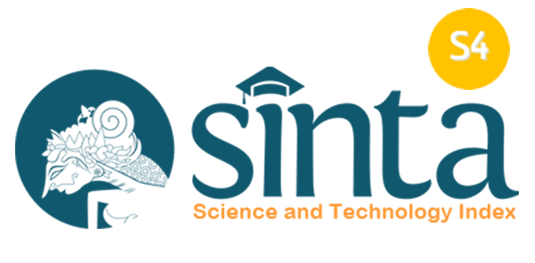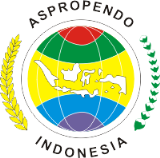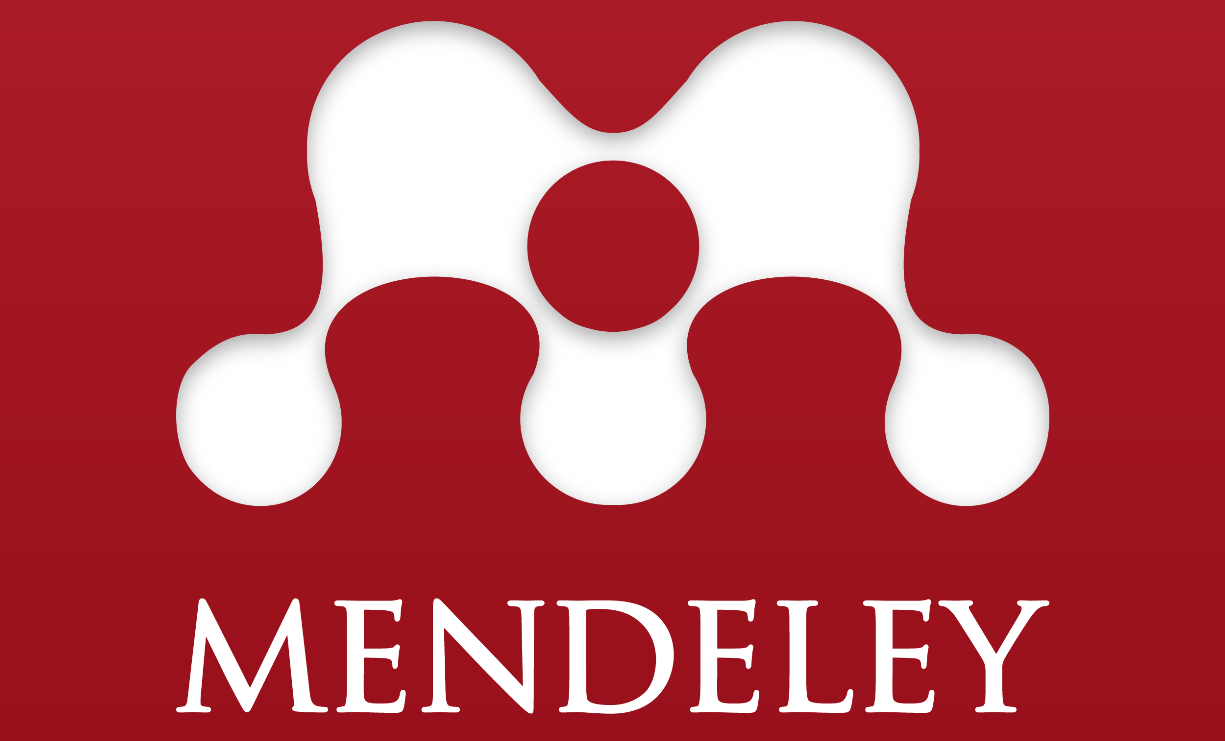PENGARUH METODE PEMBELAJARAN IOC (INSIDE OUTSIDE CIRCLE) TERHADAP KEAKTIFAN DAN PRESTASI BELAJAR SISWA (Studi Eksperimen Siswa Kelas X SMA NU Widasari pada Mata Pelajaran Ekonomi)
Abstract
Abstract: The purpose of this study was to find out: (1) An overview of student learning activeness between the experimental classes using the IOC learning method (Inside Outside Circle) and the control class using conventional learning methods. (2) Differences in the initial test (pre-test) of learning between the experimental classes using the IOC learning method (Inside Outside Circle) with the control class using conventional learning methods. (3) Differences in the final (post-test) learning tests between the experimental classes using the IOC learning method (Inside Outside Circle) and the control class using conventional learning methods. (4) Gain differences (pre-test and post-test) learning between the experimental classes using the IOC learning method (Inside Outside Circle) and the control class using conventional learning methods. The method used in this study is the Quasi Experiment method or Quasi Experiment. The research subjects were class X 9 students as a control class and class X 8 as an experimental class at 60 Ciawigebang Public High Schools. Data usage tools used are objective tests in the form of pre-test and post-test. Based on the results of statistical tests using the t test there was no difference in the initial test (pre-test) of learning between the experimental classes using the IOC learning method (Inside Outside Circle) with the control class using conventional learning methods; there is a difference in the final test (post-test) of learning between the experimental classes using the IOC learning method (Inside Outside Circle) and the control class that uses conventional learning methods; there are differences in Gain (pre-test and post-test) learning between the experimental classes using the IOC learning method (Inside Outside Circle) with the control class that uses conventional learning methods.
Keywords: IOC Learning (Inside Outside Circle) Method, Activity, Student Learning Achievement.Full Text:
PDFReferences
DAFTAR PUSTAKA
Ahmadi, A dan Prasetya. 2008. Strategi Belajar Mengajar. Bandung: CV Pustaka Setia.
Anurrahman. 2011. Belajar dan Pembelajaran. Bandung: Alfabeta.
Aqib, Zainal. 2013. Model-model, media, dan Strategi Pembelajran Kontekstual (Inovatif). Bandung: Yrama Widya.
Arifin, Zainal. 2009. Evaluasi Pembelajaran. Bandung. PT Remaja Rosdakarya
Arikunto, Suharsimi. 2008. Dasar - dasar Evaluasi Pendidikan. Jakarta. Bumi Aksara.
Arikunto, Suharsami. 2006. Prosedur Penelitian, Sesuatu Pendekatan Praktek. Jakarta. Rineka Cipta.
Daryanto. 2011. Penelitian Tindakan Kelas dan Penelitian Tindakan Sekolah. Yogyakarta: Gava Media.
Desty. 2004. Teknik Penilaian Prestasi Belajar Siswa. Bandung. Pustaka Setia
Djamarah, Syaiful Bahri. 2005. Guru dan Anak Didik dalam interaksi Edukatif.
Jakarta: PT. Rineka Cipta.
Djamrah, Syaiful Bahri dan Aswan Zain. 2010. Strategi Belajar Mengajar. Jakarta. Rineka Cipta.
Edunesiana. 2012. Revisi Taxonomi Bloom. Tersedia Online http://edunesiana.blogspot.com/2012/03/revisi-taxonomi-bloom.html (diakses pada tanggal 18 Maret 2014).
Isjoni. 2007. Cooperative Learning (Efektifitas Pembelajaran Kelompok). Bandung: Alfabeta.
Lie, Anita. 2002. Cooperative Learning. Jakarta: PT Grosindo.
Mulyasa. 2003. Strategi Pembelajaran. Jakarta: Bumi Aksara.
Nurgana, Endi. 1993. Statistik Untuk Penelitian. Bandung: CV Permadi.
Prayitno. 2009. Metode Pembelajaran. Yogyakarta: Kanisius.
Sagala, Syaiful. 2006. Konsep dan Makna Pembelajaran. Bandung: Alfabeta.
Salam, Bani. 2013. Keaktifan Belajar Siswa. Tersedia Online http://blogeulum.blogspot.com/2013/02/keaktifan-belajar-siswa.html (diakses pada tanggal 8 Maret 2014).
Sanjaya, Wina. 2010. Strategi Pembelajaran (Berorientasi Standar Proses Pendidikan). Jakarta: Kencana Prenanda Media Group.
Sardiman. 2001. Interaksi motivasi Belajar Mengajar. Jakarta: Raja Grafindo Persada.
Somantri, A. dan Muhiddin, S. A. 2011. Aplikasi Statistika Dalam Penelitian. Bandung: Pustika Setia.
Sudijono, A. 2002. Pengantar Statistik Pendidikan. Jakarta: Raja Grafindo Persada.
Sudjana, Nana. 2005. Metode Statistika. Bandung : Tarsito.
Sudrajat, Akhmad. 2011. Kurikulum & Pembelajaran Dalam Paradigma Baru: Paramitra Publishing.
Sudrajat, Akhmad. 2013. Pendekatan Saintifik/Ilmiah dalam Proses Pembelajaran. Tersedia Online https://akhmadsudrajat.wordpress.com/2013/07/18/pendekatan-saintifikilmiah-dalam-proses-pembelajaran/comment-page-1/ (diakses pada tanggal 10 Maret 2014).
Suharsaputra, Uhar. 2012. Metode Penelitian (Kuantitatif, Kualitatif, Tindakan). Bandung: PT Refika Aditama.
Suhartini, Elis. 2013. Pengaruh Penerapan Model Pembelajaran Kooperatif Tipe STAD Terhadap Hasil Belajar Siswa. Skripsi Tidak Diterbitkan. Kuningan. Program Sarjana Pendidikan Universitas Kuningan.
Sugiyono. 2002. Statistik Untuk Penelitian. Bandung. Alfabeta
Syah, Muhibbin. 2012. Psikologi Belajar. Jakarta: Raja Grafindo Persada.
Trianto. 2007. Model Pembelajaran Terpadu. Surabaya: Kartika.
Uzer, M & Lilis Setiawati. 1993. Upaya Optimalisasi Kegiatan Belajar Mengajar. Bandung: Remaja Rosda Karya.
DOI: https://doi.org/10.25134/equi.v15i02.1615
Refbacks
- There are currently no refbacks.













